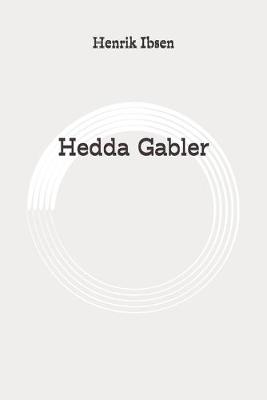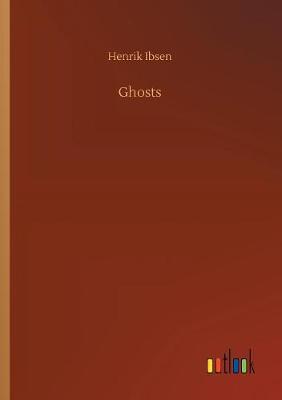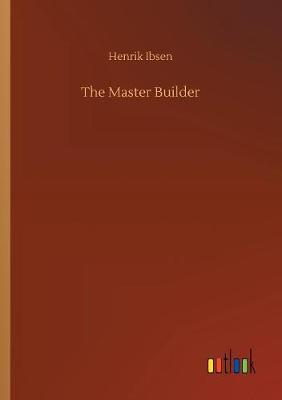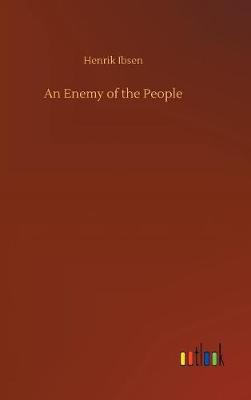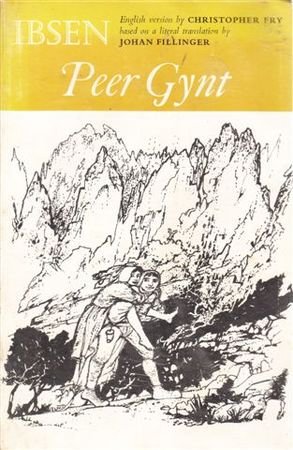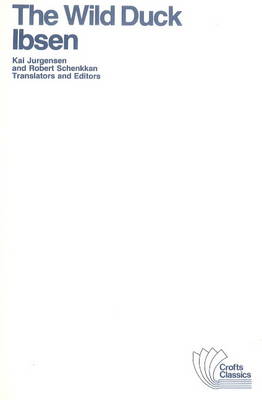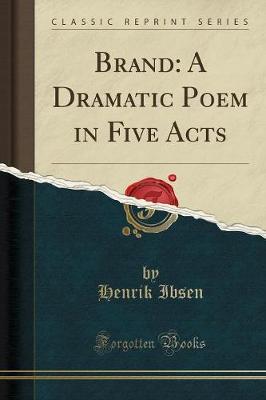Theatre Classics S.
8 total works
An Enemy of the People tells the story of an idealistic doctor, Stockmann, who discovers that the waters from which his native spa town draws its wealth are dangerously contaminated. As the citizens realise the financial implications, Stockmann comes under increasing pressure to keep silent.
This version of Ibsen's An Enemy of the People by Arthur Miller was first performed at Broadhurst Theatre, New York, in December 1950.
'Written as a warning against the "swelling pre fascist tide" of McCarthy's United States, Arthur Miller's adaptation emerges as a work that does magnificent service to Ibsen'
- The Times
'Miller does Ibsen proud. The dialogue is tough, sinewy and colloquial ' but the power ultimately rests with its gripping, beautifully constructed narrative'
- Telegraph
